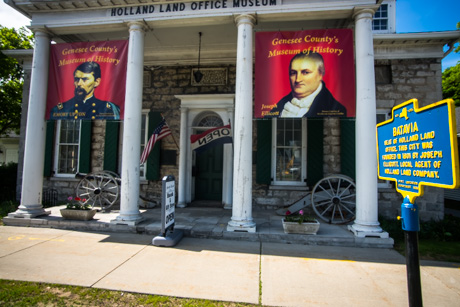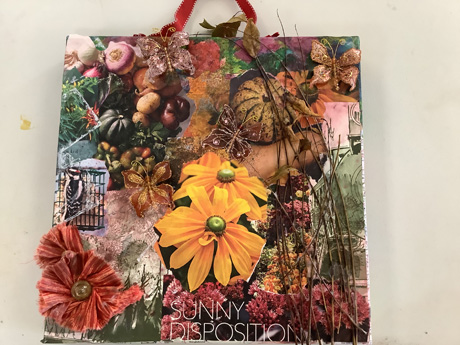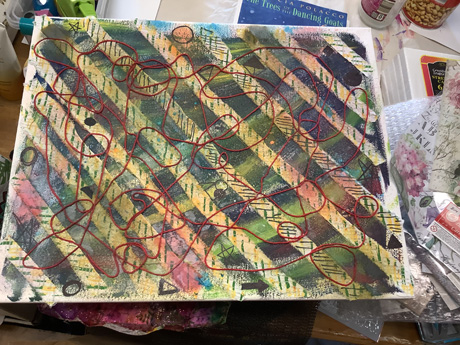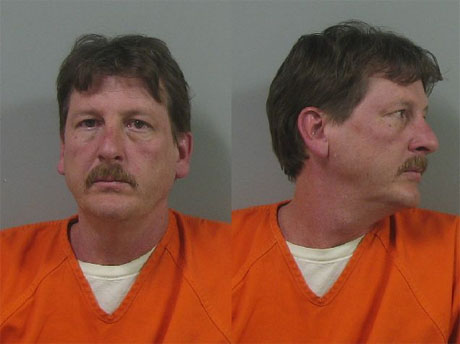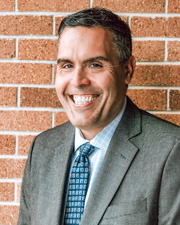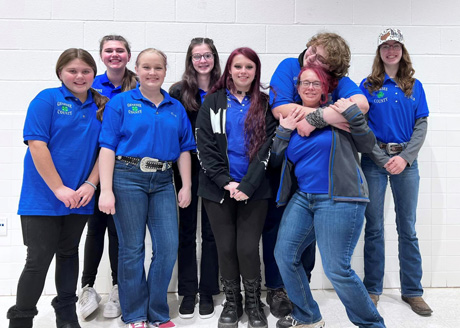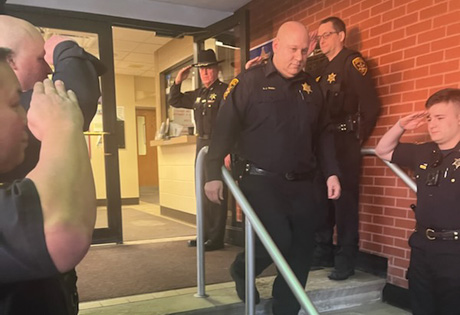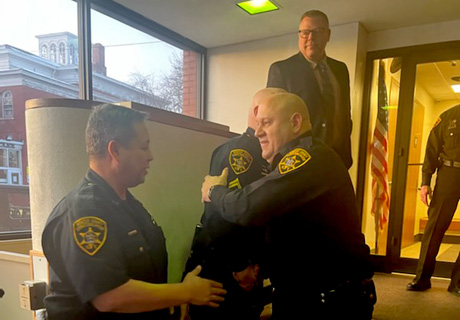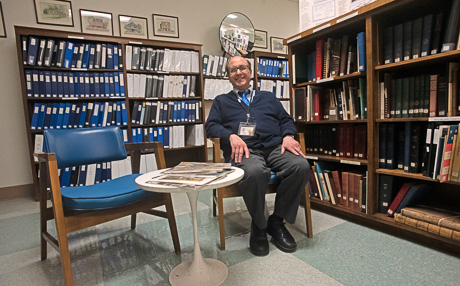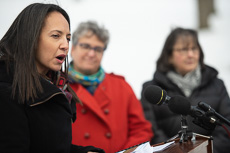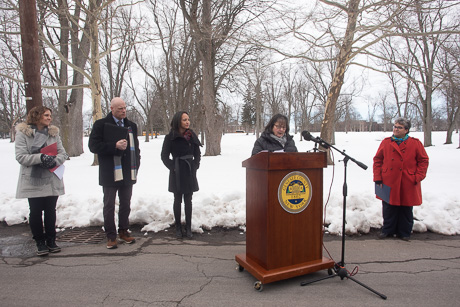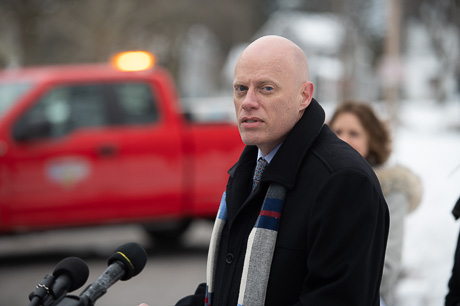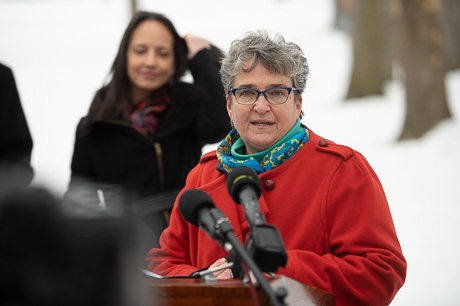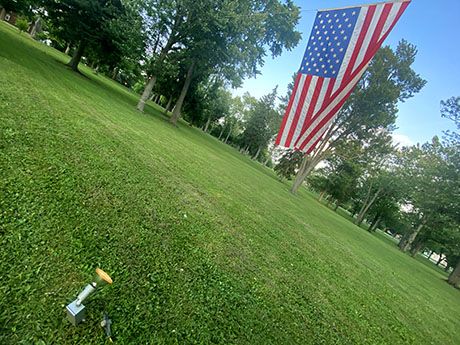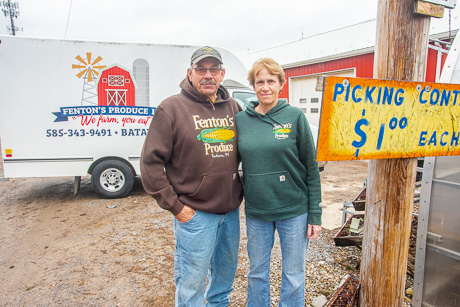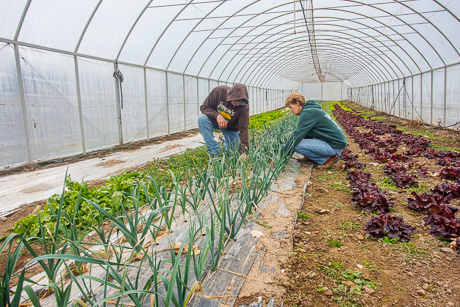NOTE: Story updated at 10 a.m. to include additional background on the murder.
In the nearly 13 years since his conviction for murder in the second degree in the bludgeoning death of his former business partner Joseph Benaquist, Scott F. Doll, now 60 years of age, has filed multiple appeals.
A judge will consider whether he can proceed with a new motion to vacate his May 2010 conviction at a hearing on Friday.
Shortly before 9 p.m. on Feb. 16, 2009, Doll was found by Deputy James Diehl walking on North Lake Road, Pembroke. Doll had what appeared to be blood on his clothing. Later blood was also found on a vehicle he had been driving. At trial, a blood spatter expert testified the pattern of blood on Doll's clothing and face was consistent with a physical altercation.
Sheriff's investigators responded, and Doll was detained and questioned. Investigators felt convinced there was a human victim of a crime and wanted to know where that victim might be.
At 1:30 a.m., Benaquist's body was found in the driveway of his home. He had suffered head trauma, and there was a substantial amount of blood at the scene.
While investigators concluded a weapon had been used to beat Benaquist, no weapon was ever recovered.
Doll was prosecuted by now-retired District Attorney Lawrence Friedman, and Doll's lead defense attorney was Paul Cambria. The jury trial lasted from May 3 to May 20, 2010. Doll was sentenced on July 2, 2010, by Judge Robert Noonan, now retired, to 15 years to life.
Attorney Michael S. Deal, from the Legal Aid Bureau of Buffalo, filed this latest motion on Doll's behalf on Oct. 19.
The motion, which must show there is new evidence not available at trial, is largely based on an investigation conducted by a private investigator, Tony Olivio, of Buffalo, that included interviewing 18 witnesses, the review of hundreds of pages of police reports and documents, and collecting DNA samples from family members of Doll and Benaquist.
Deal argues that Monroe County Medical Examiner Scott F. LaPoint mistakenly testified at trial in 2010 that fingernail clippings from Benaquist were examined for evidence. That isn't new evidence. That issue was raised by Doll in a 2016 appeal, which he lost. What is new, apparently, is that Olivio interviewed LaPoint as part of his investigation, and LaPoint had no clear explanation for why standard procedure wasn't followed in this case.
There was also third-party DNA found on the boot of Benaquist, a fact not discovered prior to Doll's murder trial. This, too, was part of the 2016 appeal. The new evidence appears to be DNA tests that eliminate one of Doll's family members and two of Benaquist's family members as potential participants in the murder. It's not the DNA of any of these three people at the scene, making it likely, Deal argues, that an unknown person was at the scene when Benaquist struggled with his assailant.
According to Deal, the fact that it wasn't a family member indicates it was somebody unknown to Doll, lending credence to the suggestion that Doll wasn't even at the scene at the time of the murder.
While forensic evidence indicates, Deal states, that Benaquist struggled with his assailant, Doll suffered no injuries the night of Feb. 19, 2009.
The 2016 appeal was heard by interim County Court Judge Micheal F. Pietruszka. According to Deal, Pietruszka erred in his ruling by stating that the DNA sample was found on Doll's clothing and, therefore, would not have altered the jury's decision.
Pietruszka's ruling was appealed, and Doll lost each appeal.
Assistant District Attorney William Zickl states in his answering statement that there is really nothing new in this new motion.
"These claims are no more than a repacking and rebranding of the defendant's previous arguments, culled from his 2016 motion to vacate, which were rejected by the Genesee County Court and the Appellate Divison, Fourth Department, as well as the Court of Appeals," Zickl states. "Because no new evidence or circumstances have been identified by the defendant in this instant motion which would complete, or even suggest, that a new trial should be ordered, his application should be summarily denied."
Deal wants the third-party DNA sample sent to a national criminal DNA database, which could uncover a possible match with a person in the database, a motion opposed by the District Attorney's Office.
Zickl states that the conversation between Olivio and LaPoint sheds no new light on the case. The DNA evidence, including the DNA tests of relatives, could have been presented at trial if the defense had made a motion to get all the DNA evidence from Benaquist's boot (the DNA spot wasn't discovered until more testing was ordered as part of the appeal process in 2015).
The defense could have also uncovered at trial, with more diligence, that fingernail clippings were not taken by the Medical Examiner's Office, according to Zickl.
"Even if the evidence were admitted at trial, it would serve to merely impeach or contradict the previous testimony of Dr. LaPoint," Zickl states.
"The defendant has not established a possibility, let alone a probability, that this new evidence would have changed the result of the trial," Zickl continues. "At trial, the defendant took full advantage of the argument that the investigation was fatally flawed because the people did not request DNA testing of the victim's fingernail scrapings, which were believed at the time to exist. It strains logic to suggest now that there would have been any greater impact upon the jury had the defendant been able to argue that the investigation was fatally flawed because the Medical Examiner's Office had neglected to take the scrapings in the first place."
In a response to Zickl's argument, Deal takes issue with "the people's" position that the third-party DNA is "partial" or "minor" and that it may not even be from blood. He said the Medical Examiner's report indicates it was blood, and a blood splatter expert said it could have only landed on the boot during a struggle between Benaquist and his assailant.
As for the opportunity to have obtained the DNA sample before trial, that simply wasn't logically possible, Deal argues.
"The idea that somehow the defendant would know of that exact spot (that particular couple of centimeters) on the boot to be tested, as opposed to all of the other blood-drenched items -- and then would have discovered it before -- is particularly unreasonable.
Deal believes that the new evidence combined with other facts that could be presented at trial could lead to a more favorable outcome for his client.
"This court is reminded that this is a circumstantial evidence case," Deal writes in his brief. "A crucial fact ignored by the people below is that there was a shoeprint in the snow found in the driveway where the victim was found, which was determined not to be from either the defendant or the victim. A jury hearing new information about a third party's DNA being on the victim's clothing along with the discovery of a mysterious footprint at the crime scene, on top of the Medical Examiner's malfeasance, when combined with the fact that the 220-pound victim had defensive injuries on his hands while Mr. Doll suffered absolutely no injuries would certainly never be so unfazed as Judge Pietruszka would have us believe."
Doll, now housed at the Hudson Correctional Facility, has consistently maintained his innocence. He is eligible for his first parole hearing in December 2024.
Judge Sanford Church, of Orleans County, is hearing the motion because of Genesee County Judge Melissa Lightcap Cianfrini's conflict of interest in the case. She was an ADA in the District Attorney's Office during the trial and subsequent appeals.
For all of The Batavian's prior coverage of Scott Doll, click here.
File photo: Scott Doll's 2009 Genesee County Jail booking photo.

